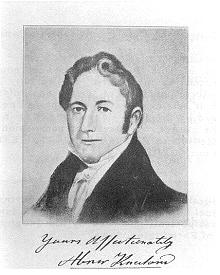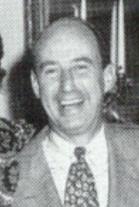Turner, Edward
April 27, 2001
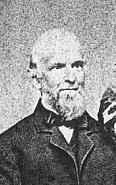
Edward Turner (July 28, 1776-January 24, 1853) ranked second only to Hosea Ballou among Universalist ministers of his generation. He was a denominational organizer, a celebrated preacher, and the first historian of Universalism. Close friends for over two decades, Turner and Ballou were alienated after 1815 and were opponents in the Restorationist controversy.
 Maria Weston Chapman (July 25, 1806-July 12, 1885) was described by
Maria Weston Chapman (July 25, 1806-July 12, 1885) was described by 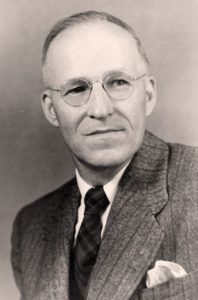
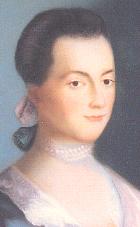
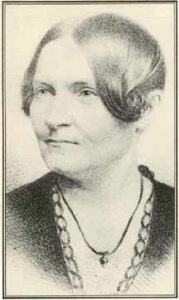 Lydia Maria Child (February 11, 1802-Oct. 20, 1880) was a novelist, editor, journalist and scholar who produced a body of work remarkable for its brilliance, originality and variety, much of it inspired by a strong sense of justice and love of freedom.…
Lydia Maria Child (February 11, 1802-Oct. 20, 1880) was a novelist, editor, journalist and scholar who produced a body of work remarkable for its brilliance, originality and variety, much of it inspired by a strong sense of justice and love of freedom.…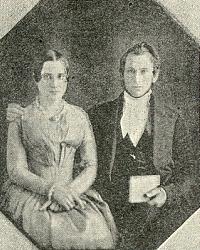 Mary Ashton Rice Livermore (December 19, 1820-May 23, 1905) was a key organizer for the United States Sanitary Commission during the Civil War. Afterwards, she became a leader of the woman suffrage and temperance movements, and a popular lecturer on social reform.…
Mary Ashton Rice Livermore (December 19, 1820-May 23, 1905) was a key organizer for the United States Sanitary Commission during the Civil War. Afterwards, she became a leader of the woman suffrage and temperance movements, and a popular lecturer on social reform.…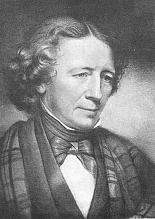 Richard Hildreth (June 28, 1807-July 11, 1865) was a journalist, philosopher, historian, and antislavery activist. His 1836 novel The Slave is considered the first American antislavery novel. His History of the United States of America broke new ground with its “warts and all” portrayal of the founders of the American republic.…
Richard Hildreth (June 28, 1807-July 11, 1865) was a journalist, philosopher, historian, and antislavery activist. His 1836 novel The Slave is considered the first American antislavery novel. His History of the United States of America broke new ground with its “warts and all” portrayal of the founders of the American republic.…